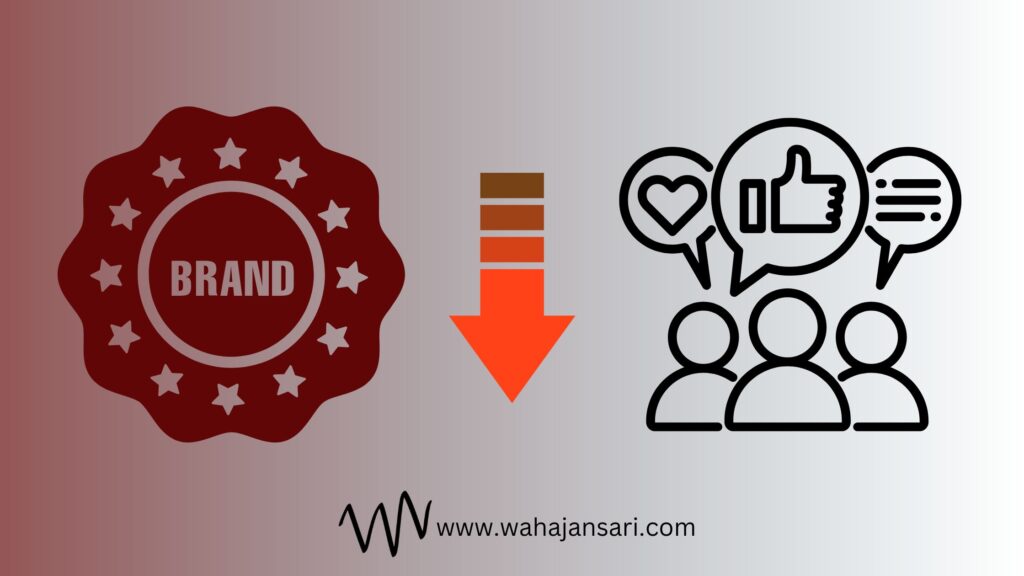Ignoring SEO is like running a marathon without knowing the route—you’ll keep moving, but you won’t get far. Many website owners assume their site will naturally attract visitors over time, but that’s rarely the case.
Search engines play a huge role in how people find you online, and without SEO, your website gets lost in a sea of competitors.
From low traffic and poor rankings to losing potential customers, skipping SEO can hurt your business in more ways than you realize.
Let’s break down what happens when you ignore SEO and how it impacts your website’s growth, visibility, and overall success.
I have noticed in my career that many small digital marketers often ignore SEO. Why do they do that? You can read this post.
>> Why do Small Digital Marketers Ignore SEO?
Loss of Potential Customers

When you ignore SEO, you’re missing out on a major source of leads or sales. Think of it like this: imagine you’re running a Facebook ad, and Facebook ad revenue reached 131,948 million USD in 2023. Now, someone is scrolling through Facebook, just passing the time, and they suddenly see your ad.
Now, compare that to a person who types a question into Google, and your website pops up in the top 3 results. Who is more likely to be a potential customer? Is the person searching for a solution on Google, or the one casually scrolling on Facebook, not looking for anything to buy?
While SEO and PPC can help, SEO has the upper hand here. Why? Because SEO is free, while PPC requires you to spend money to get the same result.
SEO is an ongoing competition.
It’s a good idea to get into digital marketing as soon as possible so you can use all the available channels. But when it comes to the major channels, SEO takes the lead because a well-established website shows trust.
With other platforms like Facebook, Instagram, TikTok, Quora, and Pinterest, you’re at the mercy of the platform owner, and you don’t have full control.
But with your website, you have 100% control. There’s a saying, “The best time to start was 10 years ago, and the second best time is now.” This saying fits SEO perfectly.
Low Website Traffic
There are many ways to drive traffic to your site, and it’s clear that if you ignore any of these channels, you’re missing out on a big chunk of potential visitors.
Research shows that for established websites, about 40% of their revenue comes from organic search traffic. The SEO market was projected to become an $80 billion industry by 2020, according to an industry report.
As of January 2025, the global SEO market has grown to approximately $82.3 billion, as outlined in a recent analysis of SEO statistics. This growth reflects the increasing importance of organic search as a major driver of traffic and revenue for businesses.
Furthermore, the market is projected to reach $143.9 billion by 2030, with a compound annual growth rate (CAGR) of 8.3%, highlighting the continued reliance on search engine optimization as a critical digital marketing strategy.
Ignoring organic search means missing out on one of the most valuable traffic channels available.
Decreased Credibility & Brand Authority

Imagine you’re scrolling through Facebook or Instagram and see an ad for something you’re interested in buying. You click on the ad, visit the Facebook page or website, and buy the product. But later, when you try to search for the product again, you can’t find it on a search engine. As a result, you miss out on potential buyers or visitors who could have bought from you again.
Marketing Costs & No Long-Term Growth
There are two main ways to reach your audience: one is through paid ads (which bring in quick sales or leads), and the other is through organic methods (which take longer but are more focused on building your brand). SEO is a long-term strategy that helps with organic growth.
The Role of SEO in Preventing High Bounce Rates
If you drive visitors to your website from other sources but don’t focus on UX, you may struggle to keep them engaged because you won’t know what works best for user experience.
An SEO specialist doesn’t just handle SEO but also knows how to improve user experience on a website. Missing out on SEO also means missing out on improving UX.
SEO and UX are different but overlap in many areas. Here’s how they connect:
- SEO is about making your site easy for search engines to find, focusing on keywords, backlinks, meta tags, and more.
- UX is about making your site easy for users to interact with, focusing on design, speed, and navigation.
How Poor UX Affects SEO: Search engines like Google look at user behavior signals, such as bounce rate and time on page, to rank websites. If users leave quickly due to bad UX, your rankings can drop.
While SEO and UX are distinct, they work together to improve the overall experience.
Final Thoughts
I highly recommend putting as much effort into SEO as you do with paid ads. It’s not just about ranking; it’s about building a brand, and a strong brand creates a lasting impact.

